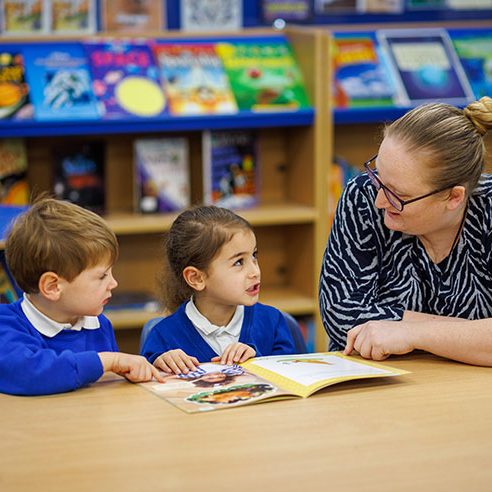WELCOME FROM THE
Head of School
We are extremely proud of our school; a Church of England school in the heart of our community with the community at its heart. Our village is set in an area of outstanding natural beauty, surrounded by rolling hills and farmlands. It is our intent to create a dynamic and inclusive learning environment in which children are nurtured to achieve the highest standards as guided by our Christian Values of Love, Friendship, Integrity, Respect, Effort and Hope. We firmly believe that our pupils have the capacity and the potential to light up the world, thus our vision is that ‘Every child is a candle waiting to be lit.’
Working closely with parents, the Academy Committee, Excalibur Multi Academies Trust and our local community, our children are at the centre of all that we do. Each and every child is valued and cared for as an individual, from the moment we welcome them into our school through to the time that they move onto secondary education. We are incredibly proud of our children’s achievements.
We are part of Excalibur Multi Academies Trust, a family of like-minded schools. Excalibur’s Vision – “Achieving Excellence – Empowering Individuality” – ties in perfectly with our own.
If you are interested in finding out more, please do get in touch with us and we would be delighted to welcome you into our wonderful school.
Mrs Lucy Crump
Head of School






